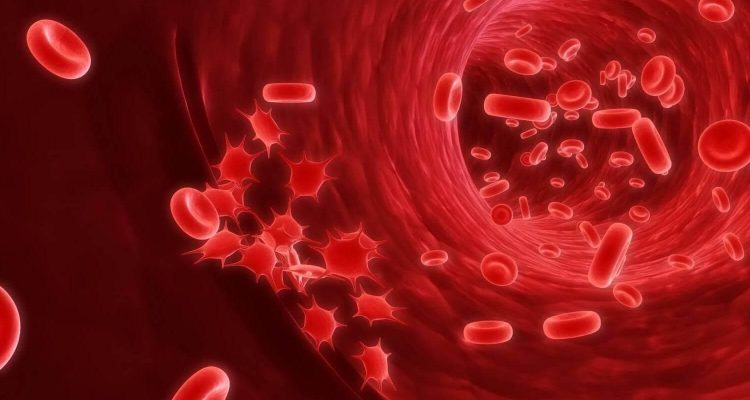
Doctors named the signs of blood cancer
< /p> 0
Symptoms of blood cancer are very rarely manifested in such a way that a person can notice them, and sometimes do not appear at all. However, if you notice certain “bells” in time, you can stop the development of the disease at its beginning and prevent it from developing to a stage where the treatment is already ineffective.
Leukemia
< p>There are many different forms of leukemia. Some get worse quickly. You suddenly start feeling unwell, like you have the flu. In other forms, symptoms can take years to develop. The first sign may be an abnormal result on a routine blood test. For example, you may develop anemia. This is when your body doesn't make enough red blood cells, or the ones you do have don't work well. Signs of this include:
- feeling tired and weak;
- shortness of breath;
- dizziness;
- pale skin;
- chest pain.
Another symptom is a blood coagulation disorder. Platelets are cells that cause blood to clot. When the body does not produce enough of them, small cuts may bleed longer and more than usual, or a person may suffer from nosebleeds more often than usual. In addition, the following symptoms may appear:
- appearance of unusual bruises;
- bleeding gums;
- small red dots on the skin from damaged blood vessels.
Lymphoma
Enlargement of lymph nodes is the main symptom of lymphoma. The appearance of a lump on the neck, under the armpit or in the groin is a clear sign that you should urgently consult a doctor. Lymph nodes in the body can press on organs and cause coughing, shortness of breath, or pain in the chest, abdomen, or bones. The spleen may become enlarged, causing a person to feel full or bloated.
Some other common symptoms of lymphoma include:
- fever;
- night sweats;
- feeling of fatigue;
- unexplained weight loss;
- itchy skin.
Multiple myeloma
Plasma cells are another type of cell in the bloodstream that fight diseases. Multiple myeloma causes the bone marrow to produce plasma cells that grow uncontrollably and prevent the body from producing enough healthy blood cells. They also release chemicals into the blood that can damage organs and tissues.
The most common symptom of multiple myeloma is severe and persistent bone pain, usually in the back or ribs. Cancer cells release a chemical that stops the normal growth and healing process of your bones. They become thin and weak and break easily.
Multiple myeloma causes high levels of calcium in the blood. This can lead to:
- nausea and abdominal pain;
- excessive thirst and urination;
- constipation;
- loss appetite;
- confusion.
Excess calcium in the blood can also damage the kidneys.









Leave a Reply